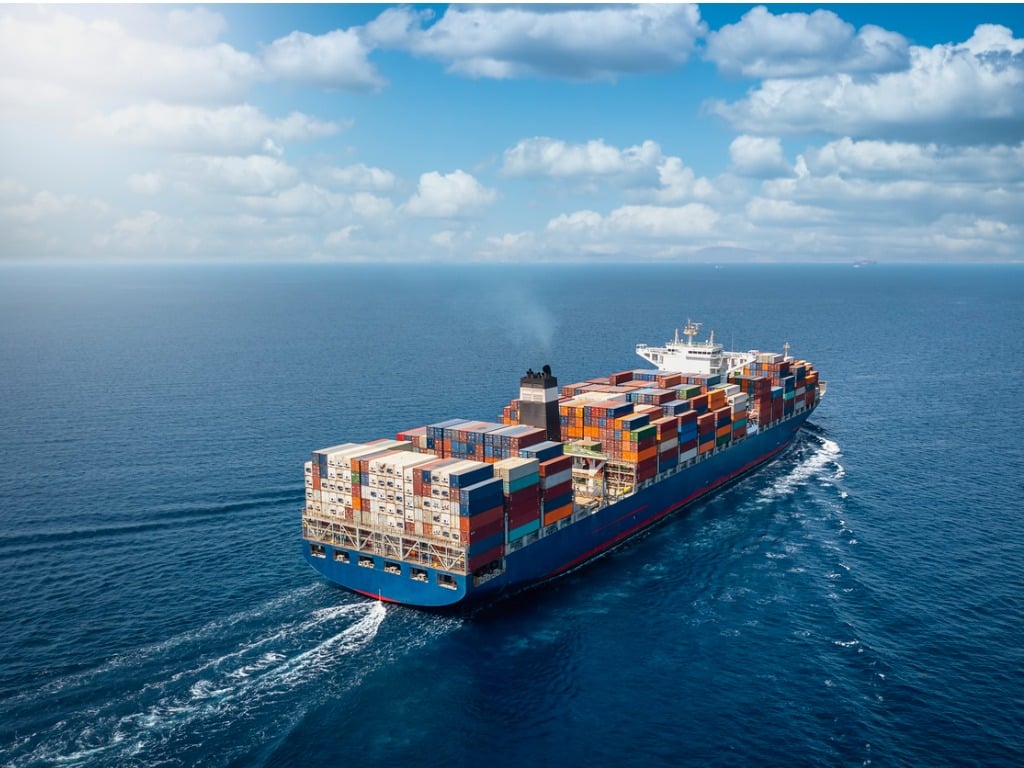On July 20, the Occupational Safety and Health Administration (OSHA) released a report detailing the findings of a whistleblower investigation. The investigation revealed that a prominent global provider of marine cargo services, Maersk Line Limited, unlawfully suspended and terminated a seaman after he reported multiple safety issues.
OSHA concluded that Maersk Line had violated the whistleblower protection provisions of the Seaman’s Protection Act (SPA), and promptly issued an order of reinstatement and payment of back wages interest, compensatory damages, and punitive damages. Maersk Line was also ordered to revise its policy and no longer prohibit employees from contacting the USCG or other federal, state, or local regulatory agencies prior to notifying the company of a concern.
The case began in December of 2020, when the whistleblower seaman reported a variety of safety concerns to the U.S. Coast Guard while aboard the vessel Safmarine Mafadi — a 50,000-ton, 958-foot container ship. The concerns included outdated and broken gear, crew member misconduct, and hazardous damage to the vessel itself. Upon discovery of the seaman’s report, Maersk not only suspended him but also terminated his employment the following year, citing his failure to notify the company before lodging the complaint. In 2021, the seaman filed a complaint with the Secretary of Labor, alleging a violation of the SPA which states that employees have the right to report concerns directly to the USCG and are not required to adhere to any company policy that requires reporting to the company first.
OSHA’s Whistleblower Protection Program enforces the whistleblower protections of over 20 different federal laws, including the SPA.
In a press release, OSHA Regional Administrator Eric S. Harbin emphasized OSHA’s support for whistleblowers, commenting “Federal law protects a seaman’s right to report safety concerns to federal regulatory agencies, a fact every maritime industry employer and vessel owner must know.”
“Failure to recognize these rights can instill a culture of intimidation that could lead to disastrous or deadly consequences,” added Harbin “The order underscores our commitment to enforcing whistleblower rights that protect seamen.”
As a result of Maersk Line’s unlawful retaliation, OSHA reports that the seaman and “his
family have suffered tremendously” with “significant financial and health struggles.” Under the SPA, OSHA found the seaman entitled to preliminary reinstatement and a sanction of $457,759 in back wages, interest, compensatory damages, and $250,000 in punitive damages.
In a July 26 blog post entitled “Why Whistleblowers Matter,” the Department of Labor highlighted Maersk Line whistleblower case: “As we mark National Whistleblower Day on July 30, we thank this whistleblower and the many others for their courage in speaking out, and for their contributions in ensuring safer conditions for themselves and their co-workers. Because of their actions, lives have been saved.”
